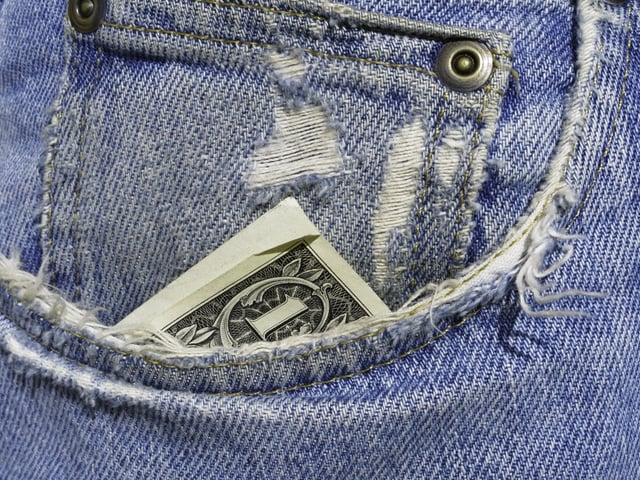
One of the biggest concerns customers come to us with is about the cost of the sodas in their vending machine. We're often asked to lower the pricing, and some customers will even decide to have the machine removed entirely if the vend price is increased. We certainly try to make the vending experience as pleasant as possible, and sometimes we can. But the economics behind vending operations don't give much room.
To cite one recent encounter as an example, a customer was upset about the 25-cent increase in bottles and proclaimed that raising the price was "ridiculous," adding that "soda is so cheap to make."
While the latter is mostly true, what is not cheap are vending operations. To help clarify why vend prices are what they are, this guide is meant to help you understand the economics behind running a vending machine service.
Breaking Down The Cost
For this guide, let's use the price point of $1.50 per bottle of soda.
It costs roughly $0.30 to manufacture one 20oz bottle of soda. Vending companies buy those bottles in cases of 24. The cost per case varies among bottlers, but, generally speaking, suppliers pay about $21 per case. That's about $0.90 per bottle, and gives the manufacturer (Coke or Pepsi) about a $0.60 gross profit per one bottle of soda.
So if the supplier pays $0.90 per bottle, and sells them for $1.50, they get $0.60 per drink sold. But that's not all profit. First, there are taxes. With the average state sales tax around 8%, the vendor now gets about $0.55 per drink. Second, most customers receive commissions. Let's say the commission rate is 15%. That brings it down to $0.47 profit per bottle, which is then used to help pay for the overall cost of operations for a vending company.
Here's a breakdown of how much a supplier would make over the course of a year, assuming the vending machine sold 80 cases of soda:
| Vend Price | $1.50 |
| Units per case | 24 |
| Annual case sales | 80 |
| Gross revenue | $2,880 |
| Sales tax paid (8%) | ($230.40) |
| Net revenue | $2,649.60 |
| Commission paid (10%) | ($264.96) |
| Cost of goods | ($1,728) |
| Yearly revenue | $656.64 |
| Monthly revenue | $54.72 |
So, in order to make a profit and continue providing service, they need to set prices at a rate that's fair for both customers and themselves.
Factor in the costs of operating a vending business, and the numbers get even smaller. Those costs include:
- Employee compensation
- Overhead
- Trucks and equipment
- Vending machines
These operations are not cheap. The trucks alone take up to $80 of gas per day! Then there are service costs for repairing the vending machines if they break, fees to pay for credit card readers, and vandalism issues. In short, the pricing of soda in a vending machine is carefully calculated. If they're too low, the vending operator risks losing money. Too high and customers won't purchase sodas.

